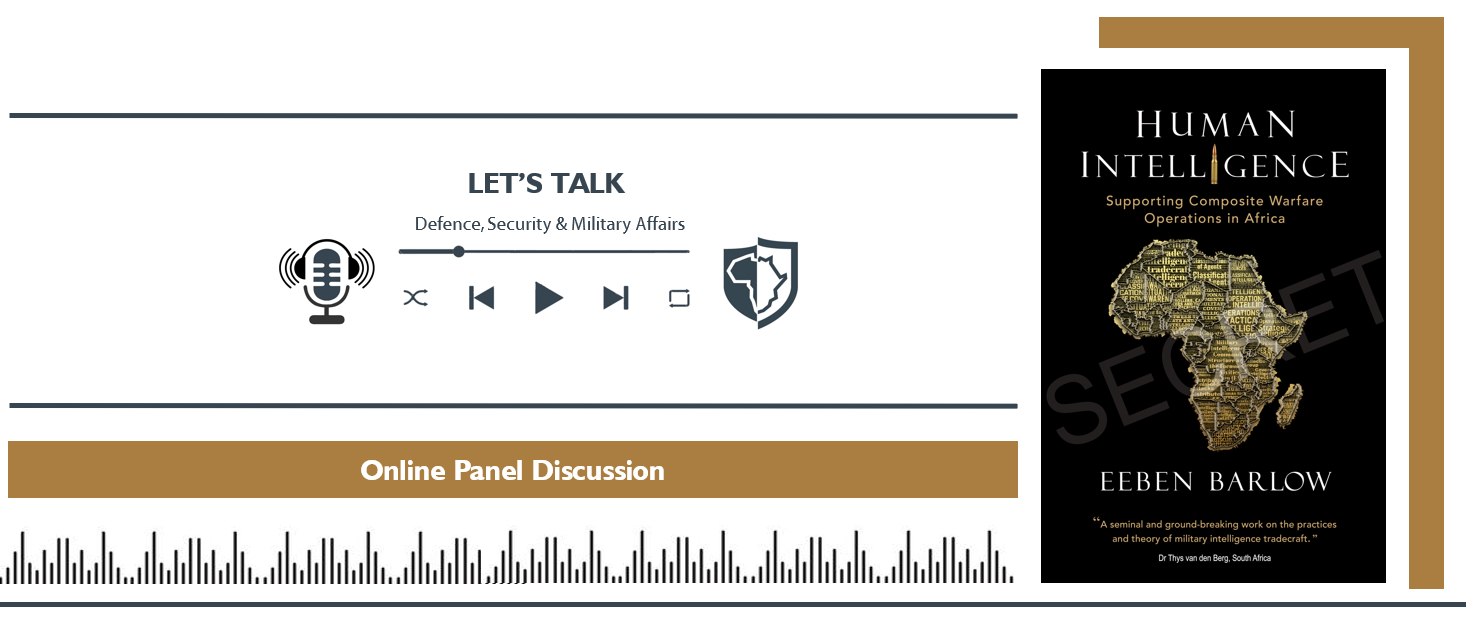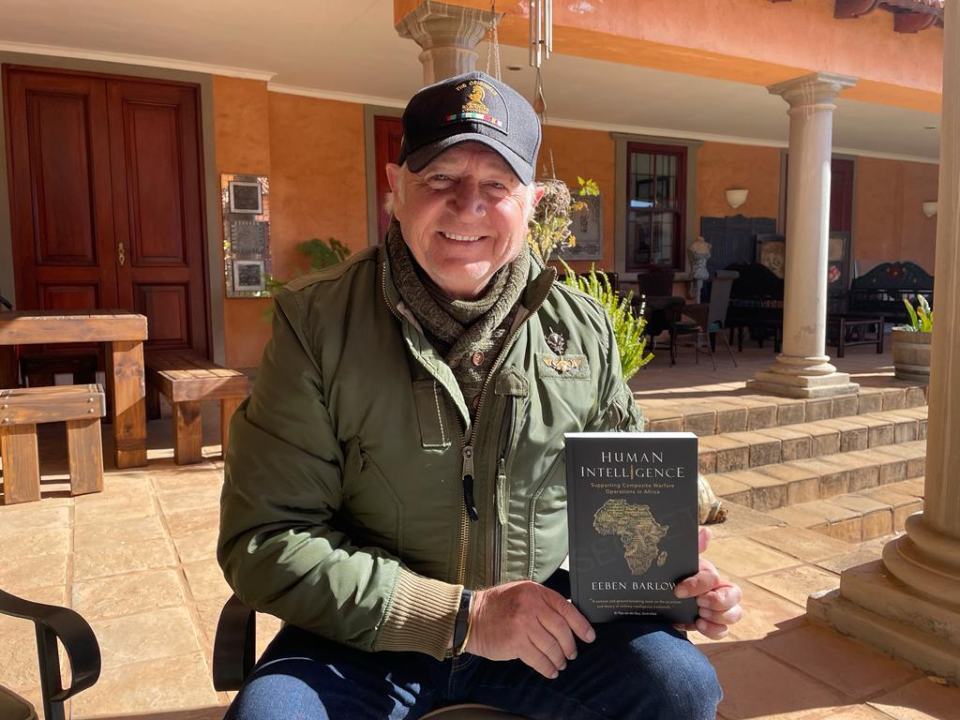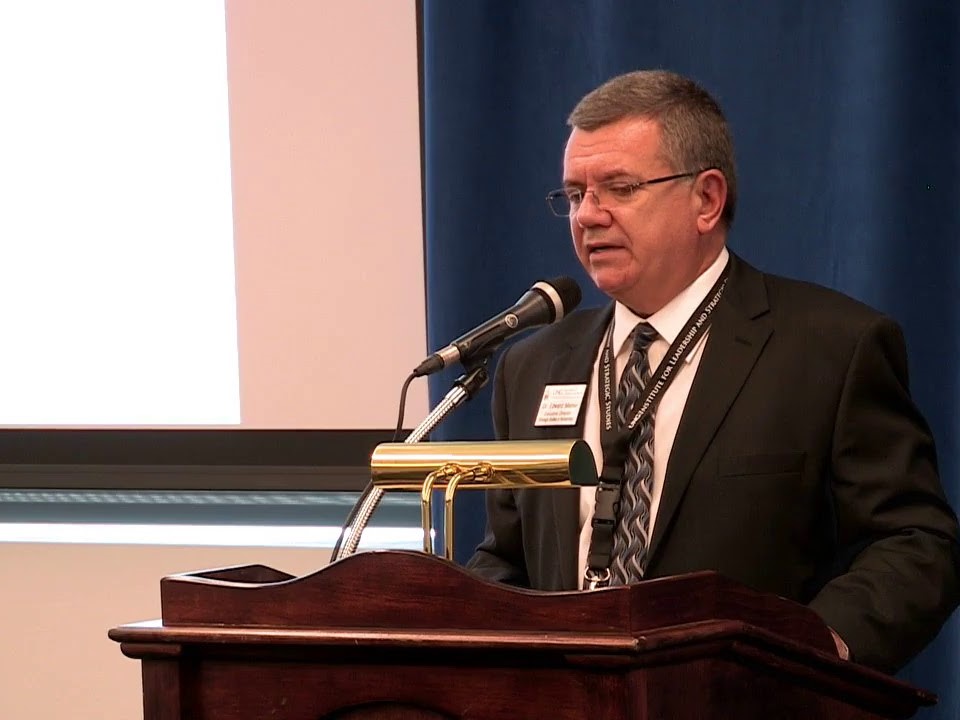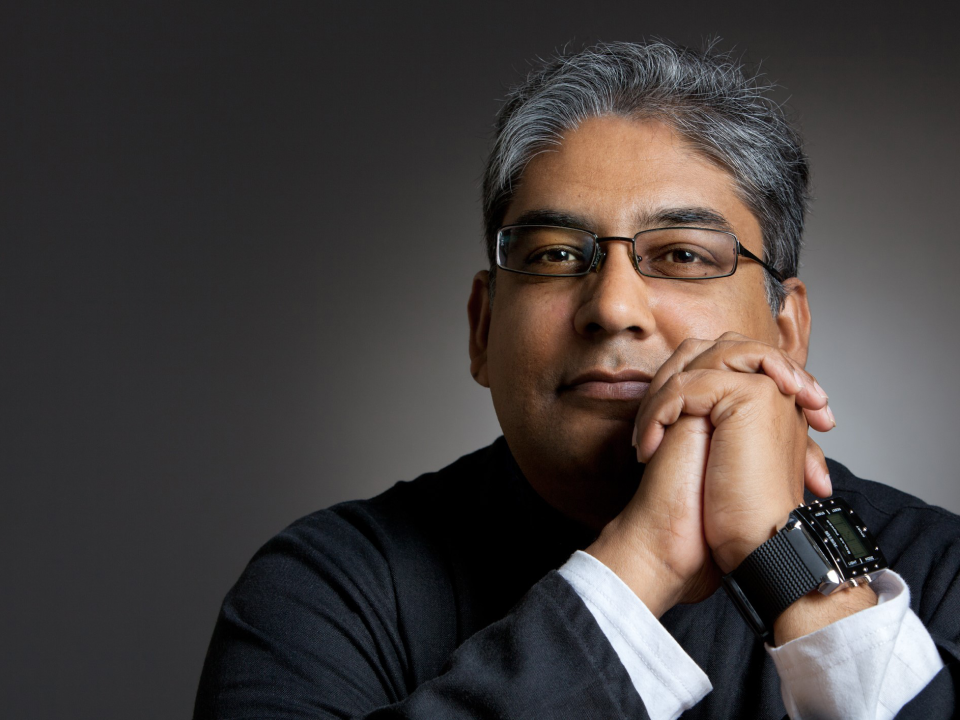HUMINT

Technology governs the global intelligence landscape through interconnected networks and the rapid evolution of Artificial Intelligence. However, the role and impact of Human Intelligence (HUMINT) remains steadfast in traversing the intelligence landscape. Eeben Barlow’s book, Human Intelligence Supporting Composite Warfare Operations in Africa, delves into the fascinating and complex world of HUMINT Operations. It highlights the importance of—and the critical need for—human agents schooled in tradecraft to conduct intelligence operations in an age dominated by digital information. In an era where information can be weaponised and manipulated without much effort, the value of in-theatre sources and human expertise remains paramount, especially considering the hybrid nature of the intelligence craft within Africa. This hybrid nature reflects the security challenges, threats, and opportunities posed to governments and populations alike. When considering composite operations, African armed forces do not always have pre-emptive access to advanced technologies, and this is where HUMINT’s value during military operations becomes pronounced. While constitutions in democratic states emphasise the need for transparency and openness within their respective intelligence domains, military intelligence agencies do not always ascribe to this “openness” due to the sensitive nature of intelligence within operational settings. The HUMINT is vested in addressing counterterrorism, regional stability, and economic development, albeit to advance strategic objectives. Few books focus on the challenges and opportunities of intelligence within the African domain. Hence, the book explores the multifaceted challenges and successes of HUMINT operations in Africa, revealing the extraordinary efforts required to gather, analyse, and act upon intelligence. It also underscores the role of combat intelligence support in ensuring the safety and success of military operations.

Eeben Barlow
Eeben Barlow served as a commandant and temporary colonel in various South African Defence Force (SADF) units. Initially commissioned in the SADF’s Corps of Engineers, he later commanded P Troop, 44 Parachute Brigade, and was involved in bomb disposal teams. Barlow also served as an agent handler for South Africa’s Military Intelligence Division (MID) and commanded the SA Special Forces’ covert Civil Cooperation Bureau’s (CCB’s) Region 5 (Europe & Middle East). He founded Executive Outcomes, a prominent private military company, and after leaving in 1996, advised numerous African governments on political and defence/security matters. Barlow chaired STTEP International Ltd from 2009 to mid-2020 and has trained and led combat units in several African armed forces. Barlow is the author of four acclaimed books and is currently the chairman and CEO of the reactivated Executive Outcomes.

Edward L. Mienie
Edward L. Mienie is the Executive Director and Professor of Strategic and Security Studies at the University of North Georgia. With over 25 years of experience in international relations, business, and coalition building, he has a rich background in diplomacy and conflict management. Mienie holds a bachelor’s degree in law from the University of South Africa and a doctorate in international conflict management from Kennesaw State University. He served in South Africa’s Diplomatic Corps, including roles as Deputy-Ambassador to Switzerland and Political Advisor in Washington, D.C. Fluent in English, Afrikaans, and German, his research focuses on state fragility, national intelligence, and nuclear non-proliferation.

Hussein Solomon
Hussein Solomon, a distinguished scholar in political science, holds a D.Litt et Phil from the University of South Africa. He is a Senior Professor at the Centre for Gender and Africa Studies at the University of the Free State. His extensive career includes leadership roles at the University of Pretoria and the International Institute of Islamic Studies. A prolific author, his research spans conflict resolution, religious fundamentalism, and African security. He has held visiting professorships globally and serves on numerous editorial boards. Solomon is also actively involved in military and strategic research, reflecting his commitment to understanding and addressing global security issues.
Please click here to watch this discussion of Let's Talk on our YouTube Channel.





